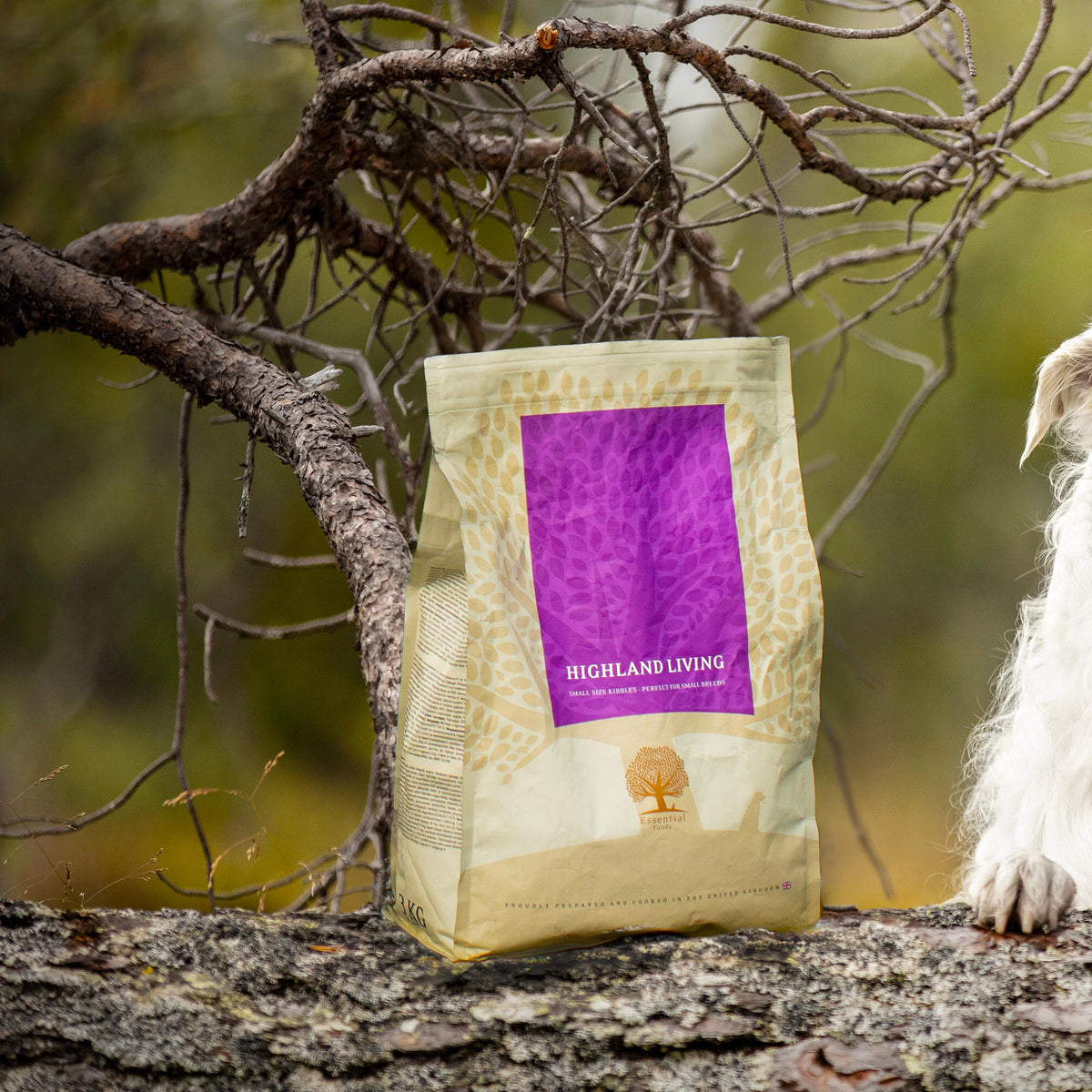Your Cart is Empty

Many pet owners wonder if it is safe to give their dogs milk. Understanding the dietary needs of our pets is crucial for their health and well-being. In this article, we delve into the details of whether dogs can have milk, examining the potential benefits and risks associated with this common household beverage.
Milk is a rich source of several essential nutrients, including calcium, protein, and vitamins. These nutrients are vital for growth, bone health, and overall bodily functions in humans. However, the digestive systems of dogs differ significantly from ours, which means they may process these nutrients differently.
Calcium is necessary for the development and maintenance of strong bones and teeth. In puppies, adequate calcium intake supports proper skeletal development, while in adult dogs, it helps maintain bone density and prevent conditions like osteoporosis.
Milk contains proteins that are broken down into amino acids, which are the building blocks of muscles and tissues. While dogs require protein in their diet, the type and source of protein are important. Animal-based proteins found in meat are generally more suitable for dogs than the proteins in milk.
Milk is also a source of various vitamins, such as vitamin D, which aids in calcium absorption, and vitamin B12, essential for nerve function. While these vitamins are beneficial, dogs usually obtain sufficient amounts from their regular diet, especially if they are fed high-quality dog food.
The ability of dogs to digest milk largely depends on their age and individual digestive system. Puppies have a natural ability to digest their mother’s milk due to the presence of the enzyme lactase, which breaks down lactose, the sugar found in milk. However, as dogs grow older, their production of lactase decreases, leading to a condition known as lactose intolerance.
Lactose intolerance occurs when a dog’s digestive system cannot effectively break down lactose, resulting in gastrointestinal discomfort. Common symptoms of lactose intolerance in dogs include:
If your dog exhibits any of these symptoms after consuming milk, it is likely lactose intolerant, and milk should be avoided.
While there are risks associated with giving dogs milk, there can be some benefits if done correctly and in moderation.
Milk can contribute to your dog’s fluid intake, especially if they are not drinking enough water. However, it should not replace water as the primary source of hydration.
Small amounts of milk or dairy products, like cheese, can be used as high-value treats during training sessions. These can be particularly motivating for some dogs, but should always be given in moderation.
For dogs that can tolerate lactose, milk can occasionally serve as a supplement to provide extra nutrients. However, this should only be done under the guidance of a veterinarian to ensure it complements the dog’s overall diet.
Some dogs may be allergic to the proteins found in milk, leading to allergic reactions that can manifest as skin irritations, itching, and gastrointestinal upset. If you suspect your dog has a milk allergy, it is best to consult with a veterinarian.
Milk and dairy products can be high in fat and calories. Regular consumption of high-fat dairy products can contribute to obesity and pancreatitis, a serious condition characterized by inflammation of the pancreas. Symptoms of pancreatitis include vomiting, diarrhea, abdominal pain, and lethargy.
If you want to offer your dog a milk-like treat without the risks, consider lactose-free milk products or specially formulated dog milk available in pet stores. These products are designed to be easier on a dog’s digestive system while still providing some nutritional benefits.
In conclusion, while milk can be a source of essential nutrients, it is not always suitable for dogs, particularly those that are lactose intolerant. The risks of digestive issues, allergies, and weight gain often outweigh the potential benefits. If you choose to give your dog milk, do so in moderation and monitor for any adverse reactions.


